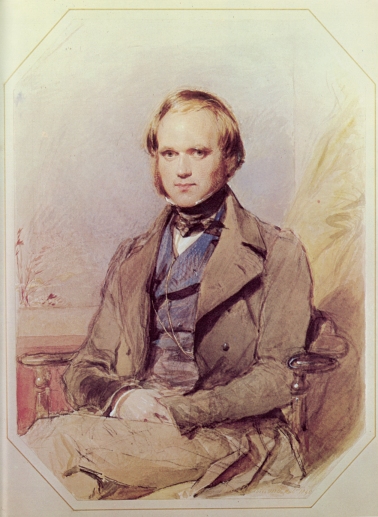Nalaka Gunawardene writes again about the importance of filmmakers putting planet before profit at SciDevNet:
Films and television programmes about climate change should be made freely available beyond their initial broadcast.
Films and television programmes about climate change should be designated a 'copyright free zone'.
This was the call made by broadcasters and independent film-makers at an Asian media workshop held in Tokyo last month (October).
For years, broadcasters have dutifully reported on evolving scientific and political aspects of climate change. They have also made or carried excellent documentaries analysing causes of, and solutions to, the problem. But these are often not widely available, because of tight copyright restrictions.Limited distribution
Most media companies hang on to their products for years, sometimes long after they have recovered their full investment.
Even when film-makers or producers themselves want their creations to circulate beyond broadcasts, company policies get in the way. In large broadcast or film production companies, lawyers and accountants — not journalists or producers — decide how and where content is distributed.
It isn't just climate-related films that are locked up with copyright restrictions. Every year, hundreds of television programmes or video films — many supported by public, corporate or philanthropic funds — are made on a variety of development and conservation topics.
These are typically aired once, twice or at best a few times and then relegated to a shelf somewhere. A few may be released on DVD or adapted for online use. But the majority goes into archival 'black holes', from where they might never emerge again.
Yet most of these films have a long shelf life and could serve multiple secondary uses outside the broadcast industry.Beyond broadcast
Communicating the need for social change is a slow, incremental process. Broadcasts can flag important issues, but real engagement happens in classrooms, training centres and other small groups where screenings stir up deeper discussions. Combining broadcast and 'narrowcast' outreach vastly increases the chances of changing people's attitudes and, ultimately, their behaviour.
But if moving images are to play a decisive role in the climate debate, television programmes and video films on the subject need to be more freely available, accessible and useable, as argued at the Tokyo workshop.
Read the entire article at SciDevNet here. Many thanks to Nalaka Gunawardene for bringing this issue to the public eye.








 Top of Page
Top of Page